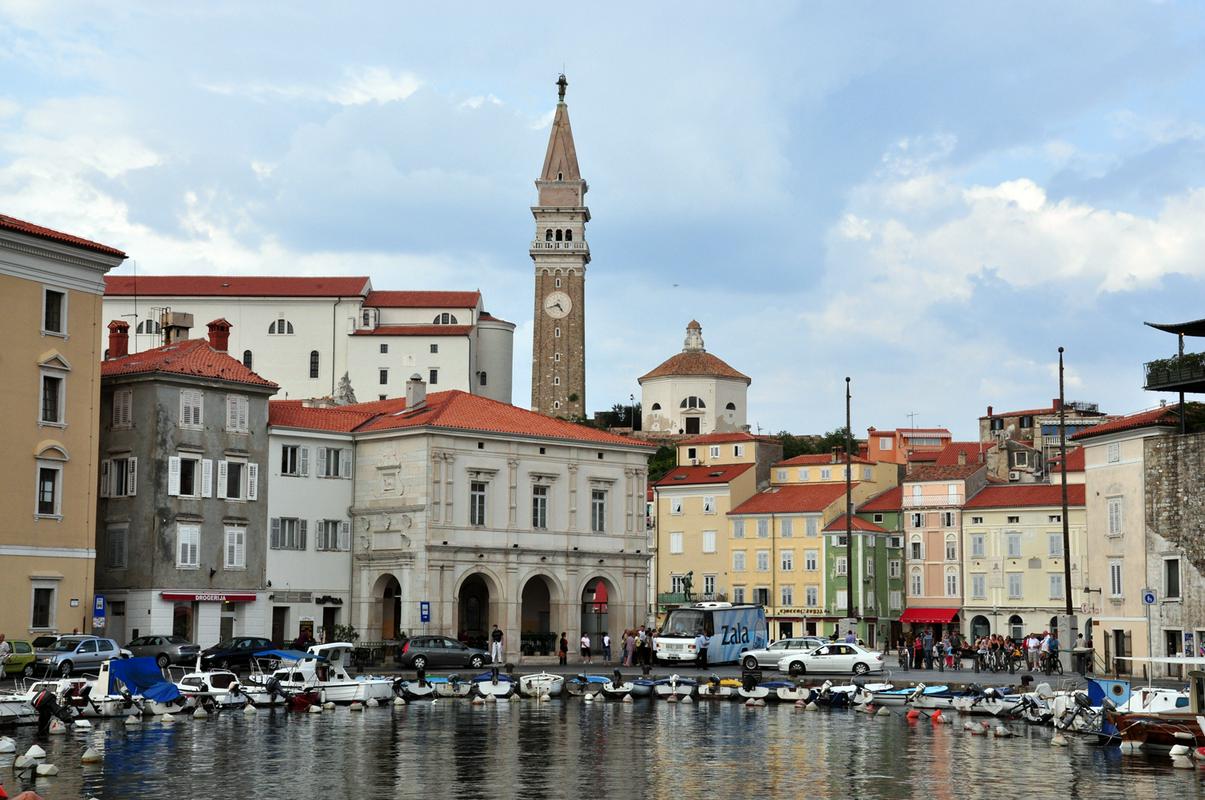
As the festival’s director Janko Čretnik explained at a press conference in Ljubljana, the festival was founded in 2011 in memory of Vilko Filač, a well-known director of photography. The aim of the festival is to attract people, particularly those from the coastal region, to see films that are often neglected in cinemas. The previous six editions had offered about 250 films in total. Most of the organisers’ work relies on “enthusiastic drive”, Čretnik emphasized, since the finances of the festival are poor.
Germany … in the Mediterranean
According to the programme director Jelka Stergel, the thematic orientation is very clear: the festival showcases the most prominent productions and co-productions from Europe, particularly the Mediterranean. However, Stergel decided to devote more space to the German production this year, as it is very strong. There are several reasons for this: not only does it operate on two levels – the national and the regional one –, it is also connected with other countries through co-productions, especially with France and Turkey.
Stergel pointed out a few highlights, such as Sven Taddicken’s Original Bliss, which she describes as a film that “could hardly be more European”, since it represents European tradition, culture and hidden trauma. German films include Andreas Dresen’s As We Were Dreaming, Noaz Deshe’s White Shadow, Wolfgang Becker’s Me and Kaminski as well as Dominik Graf’s Beloved Sisters.


































































